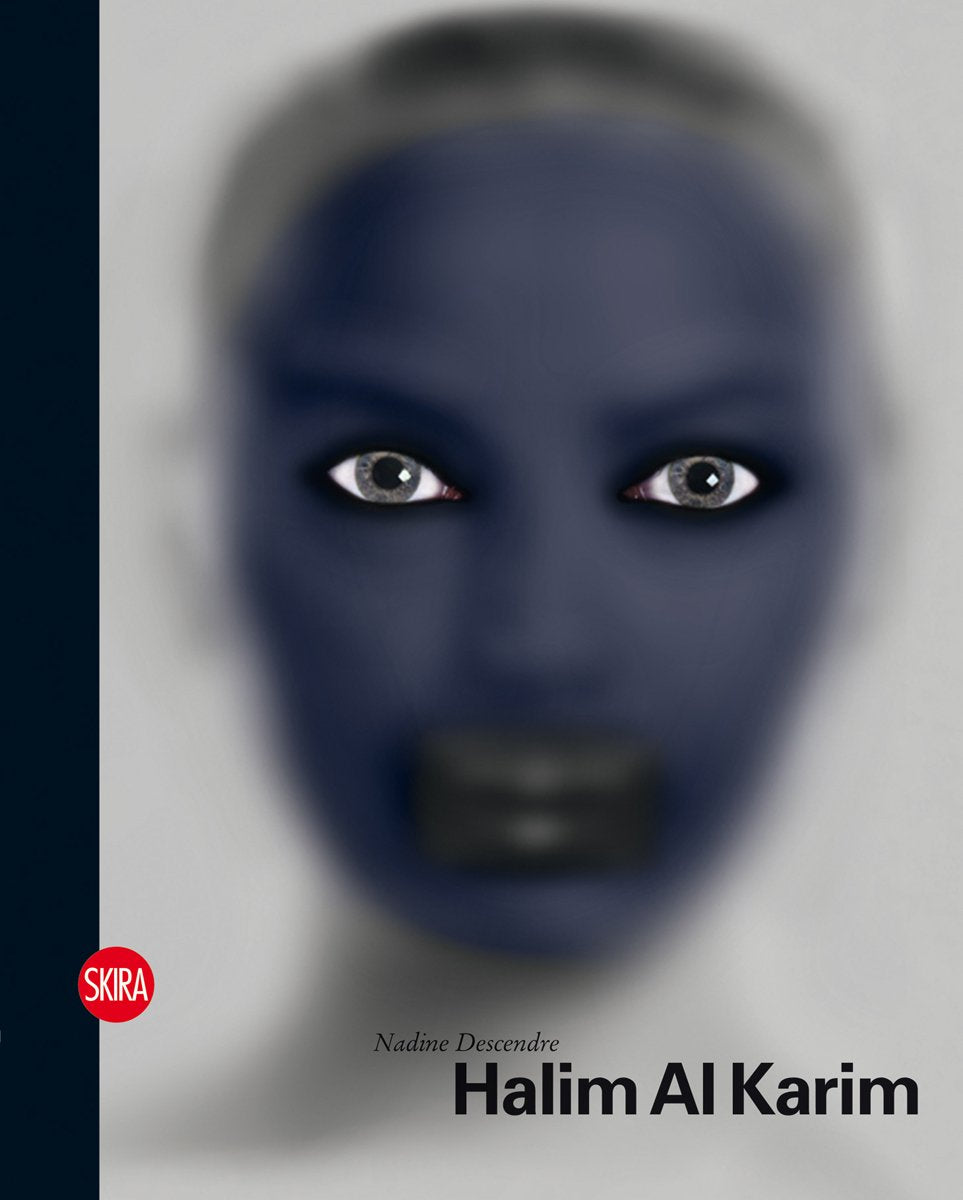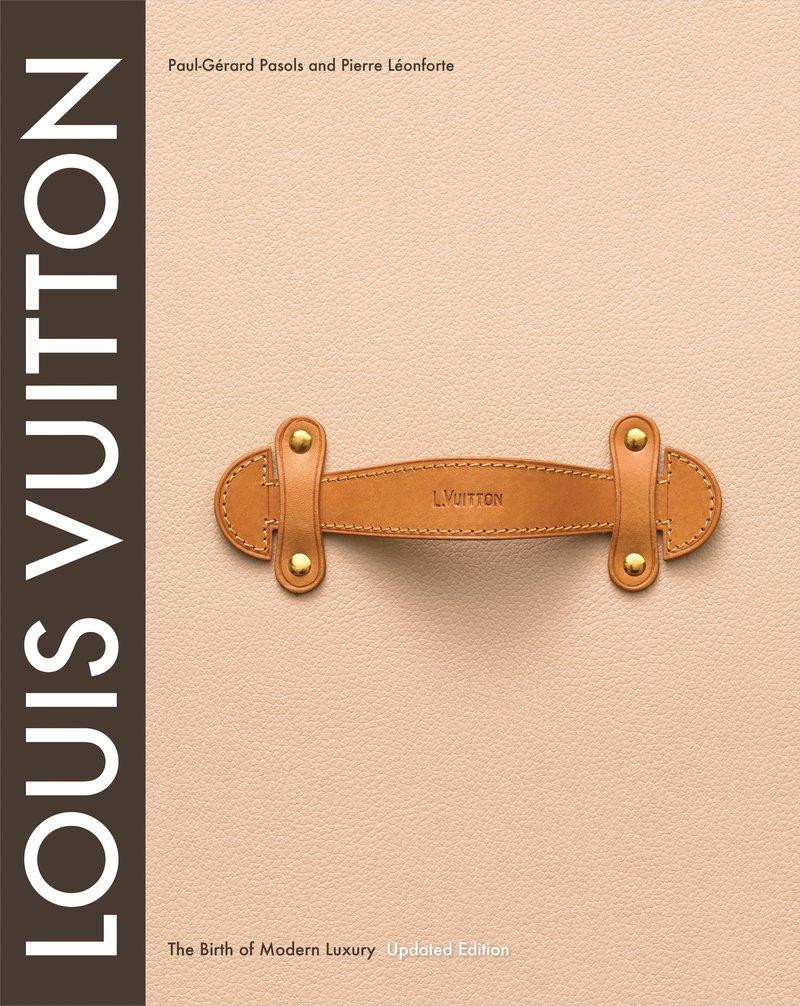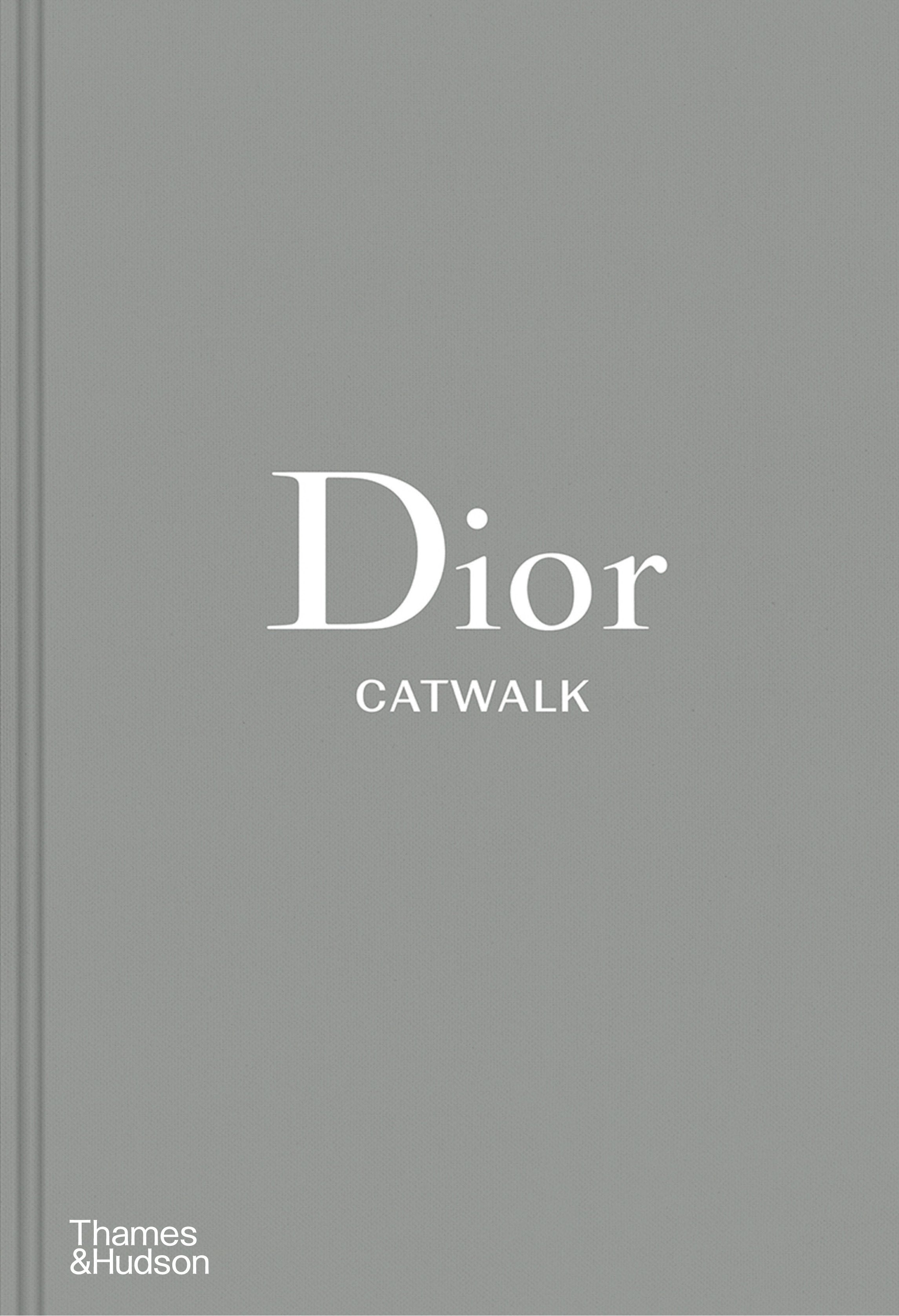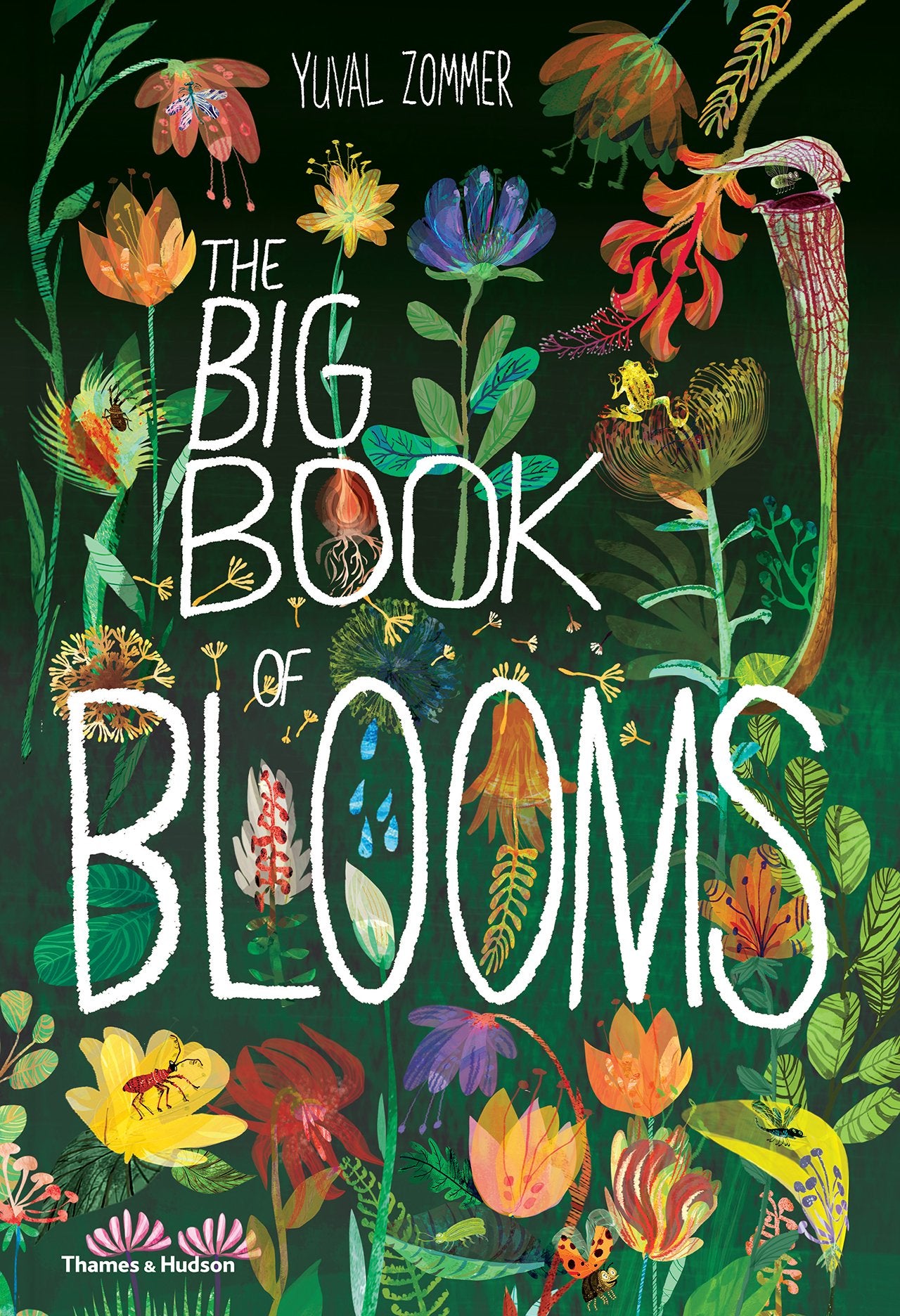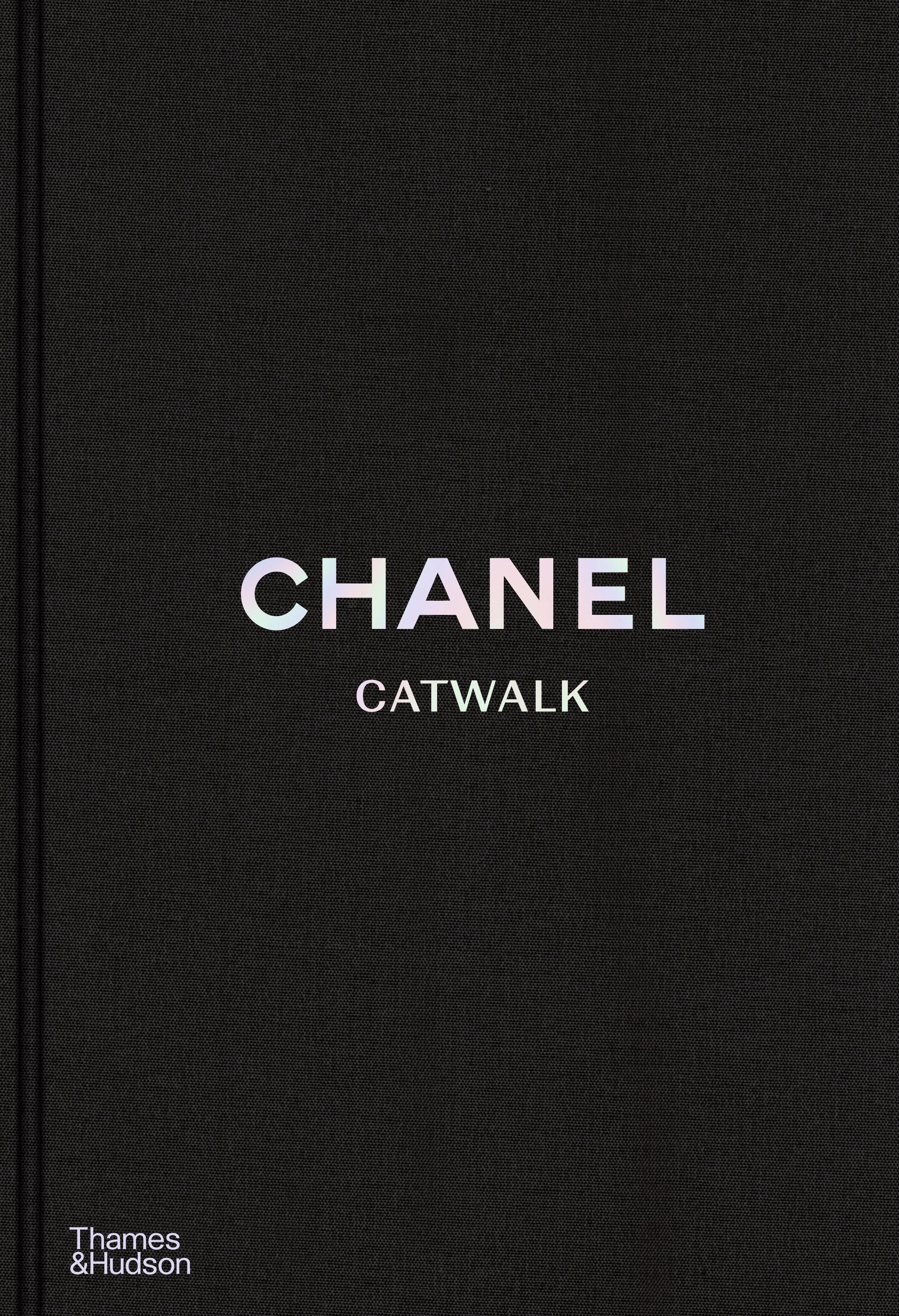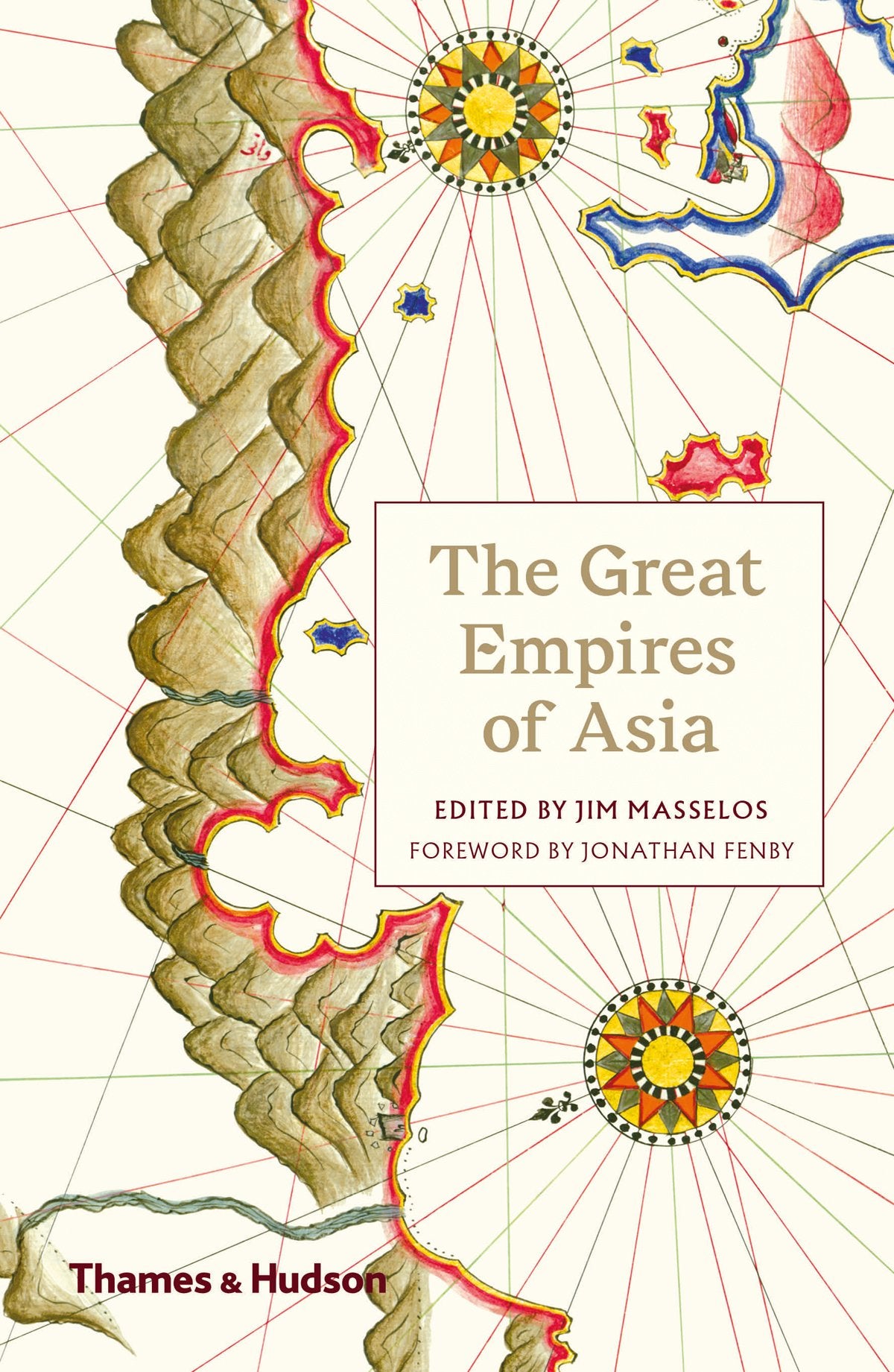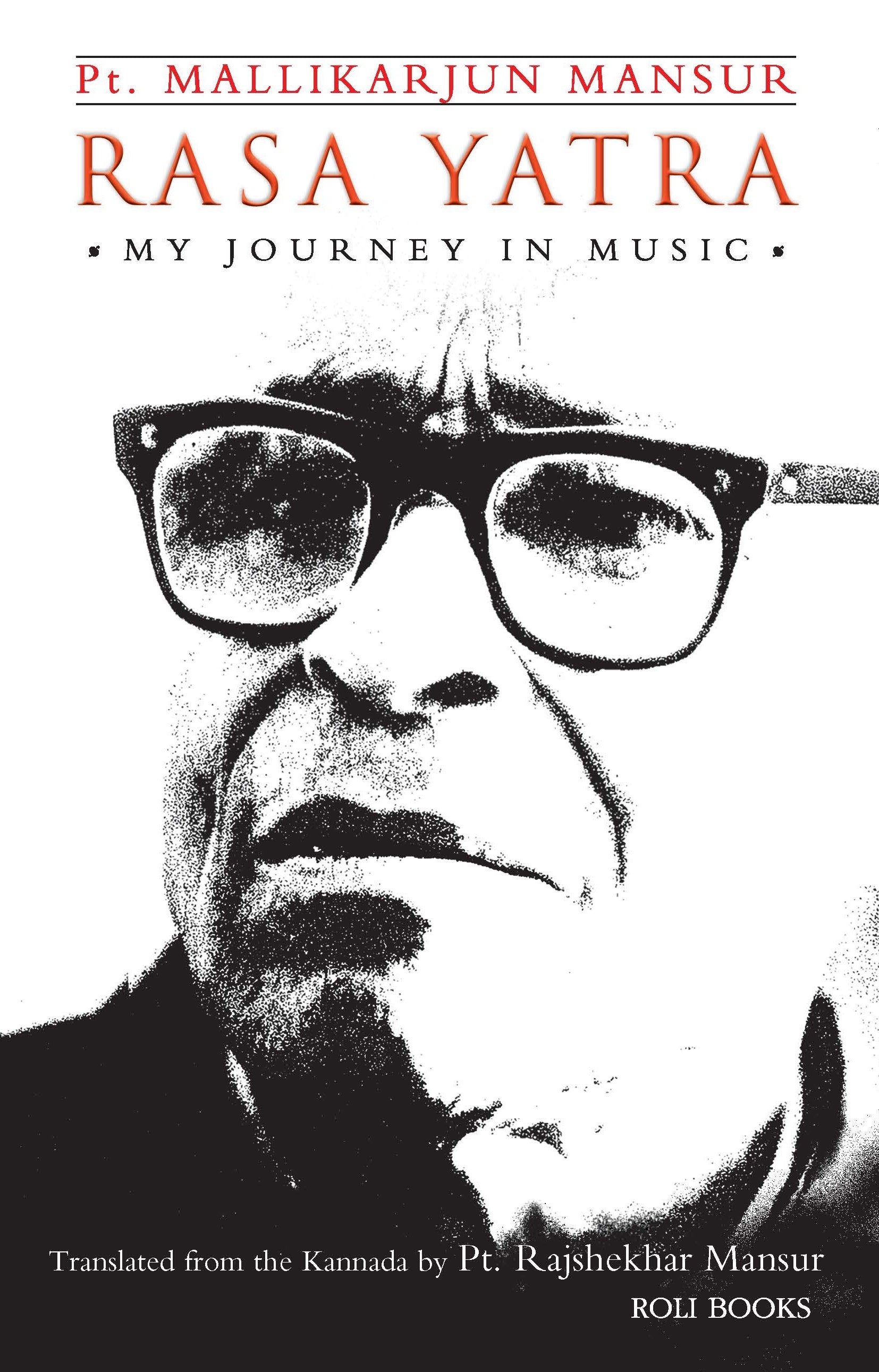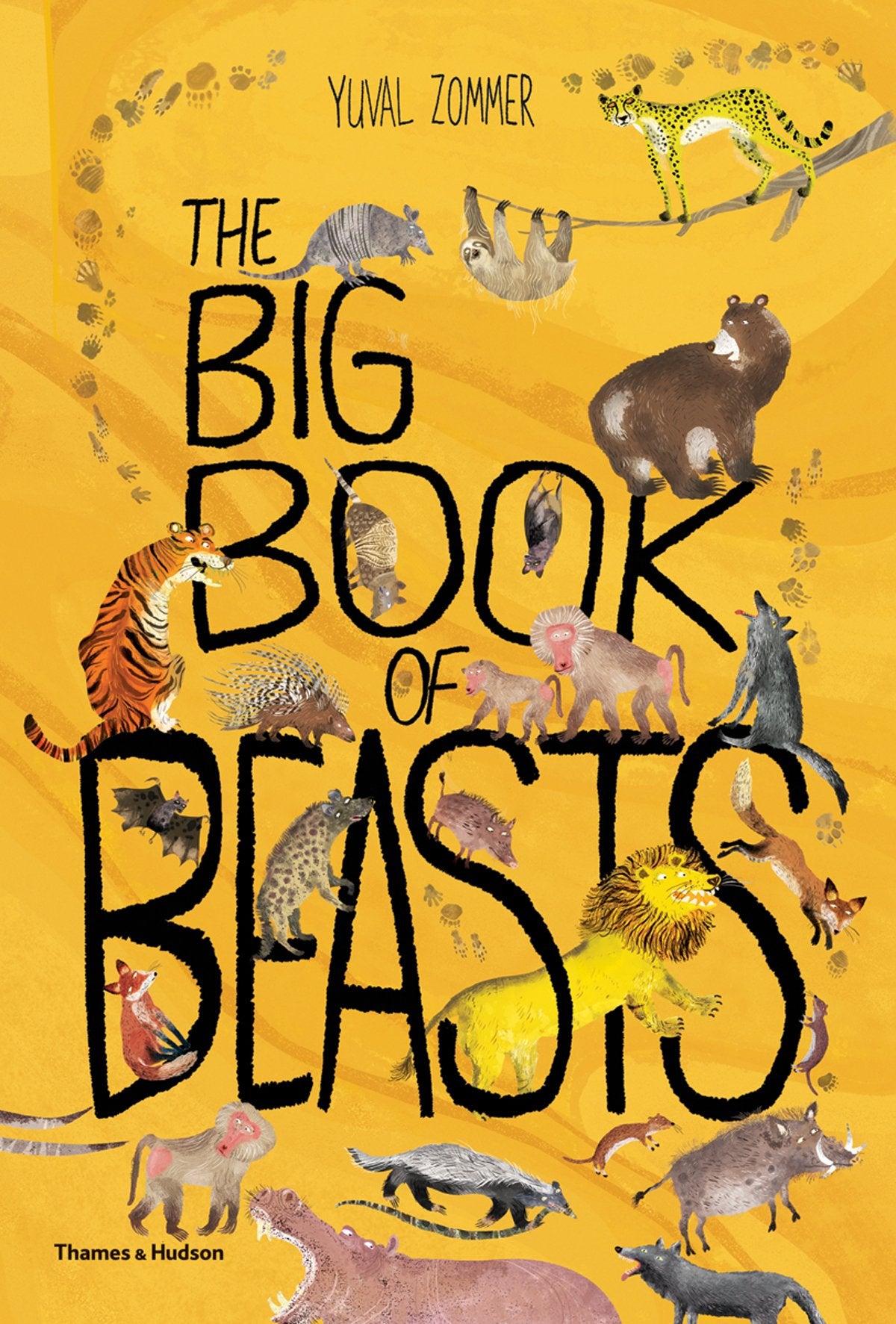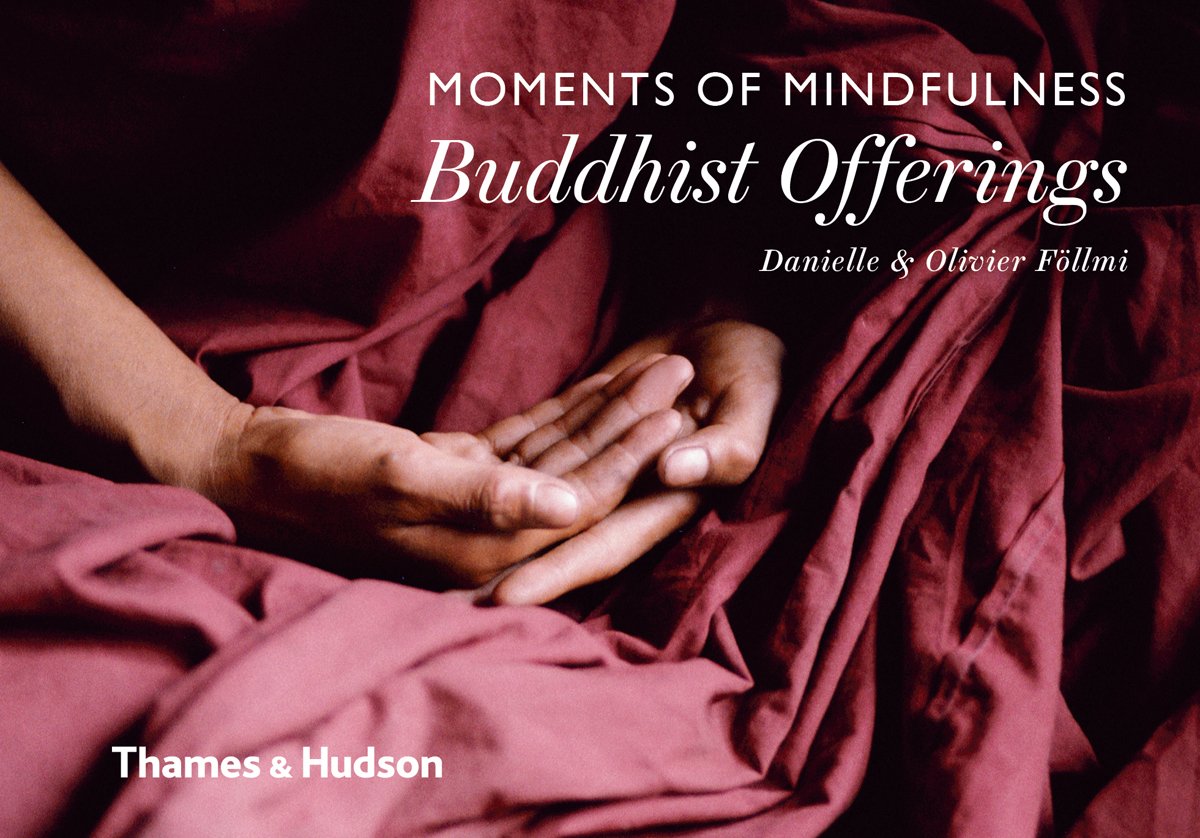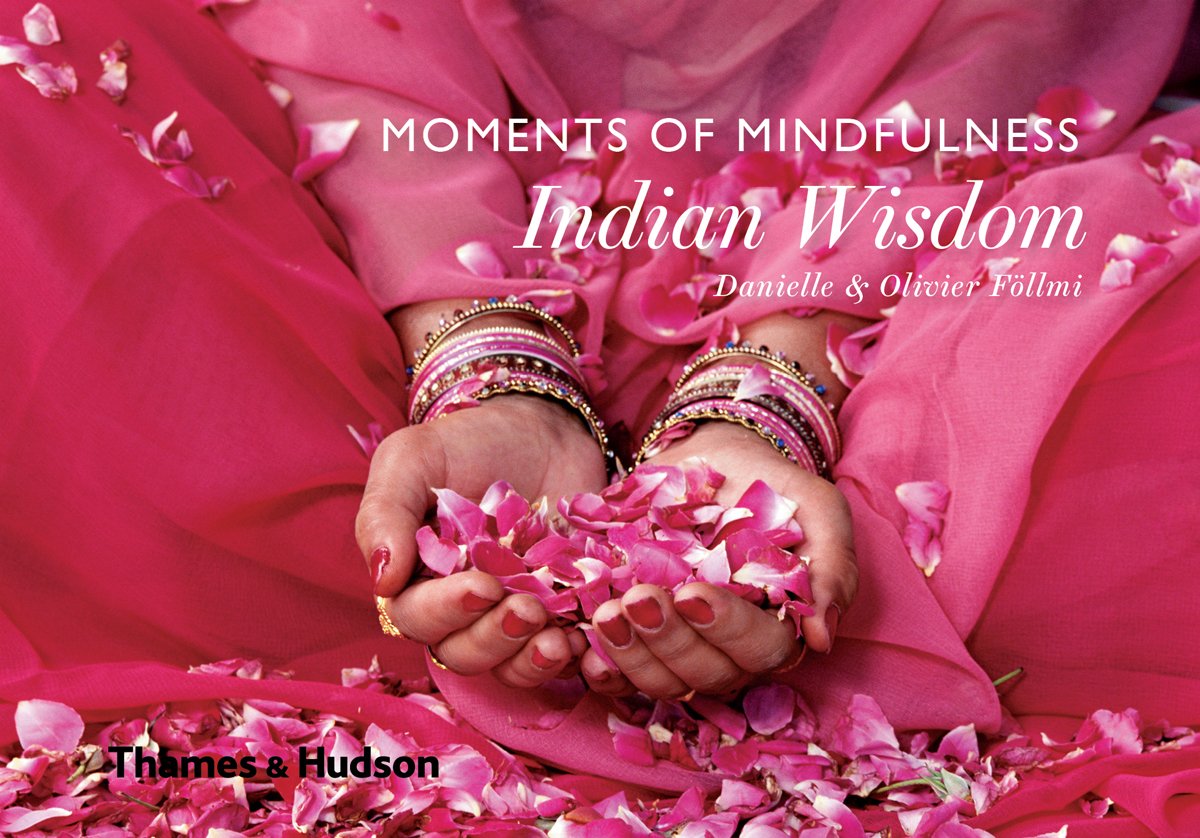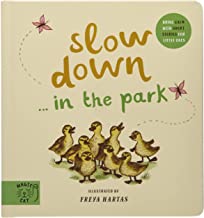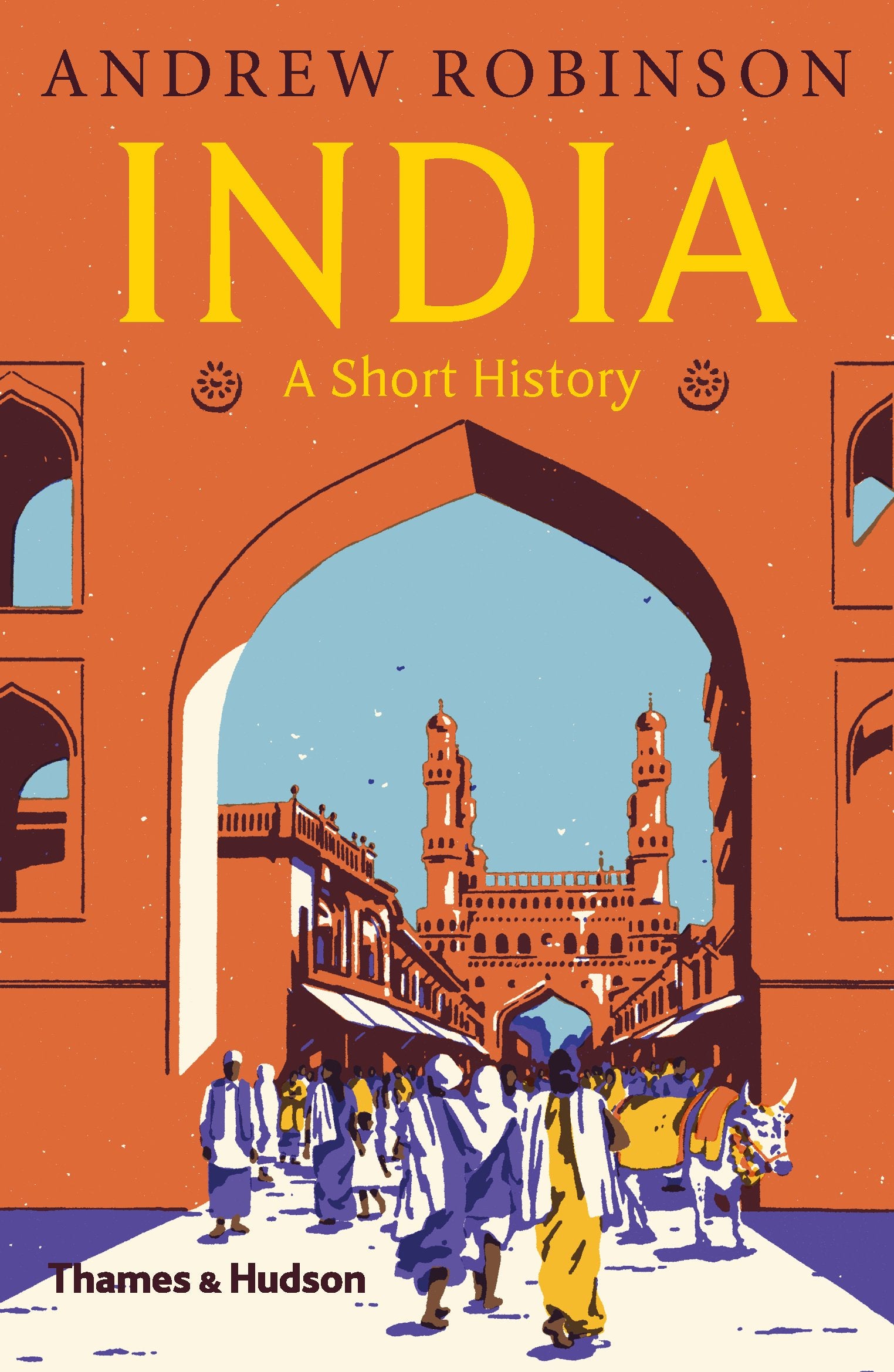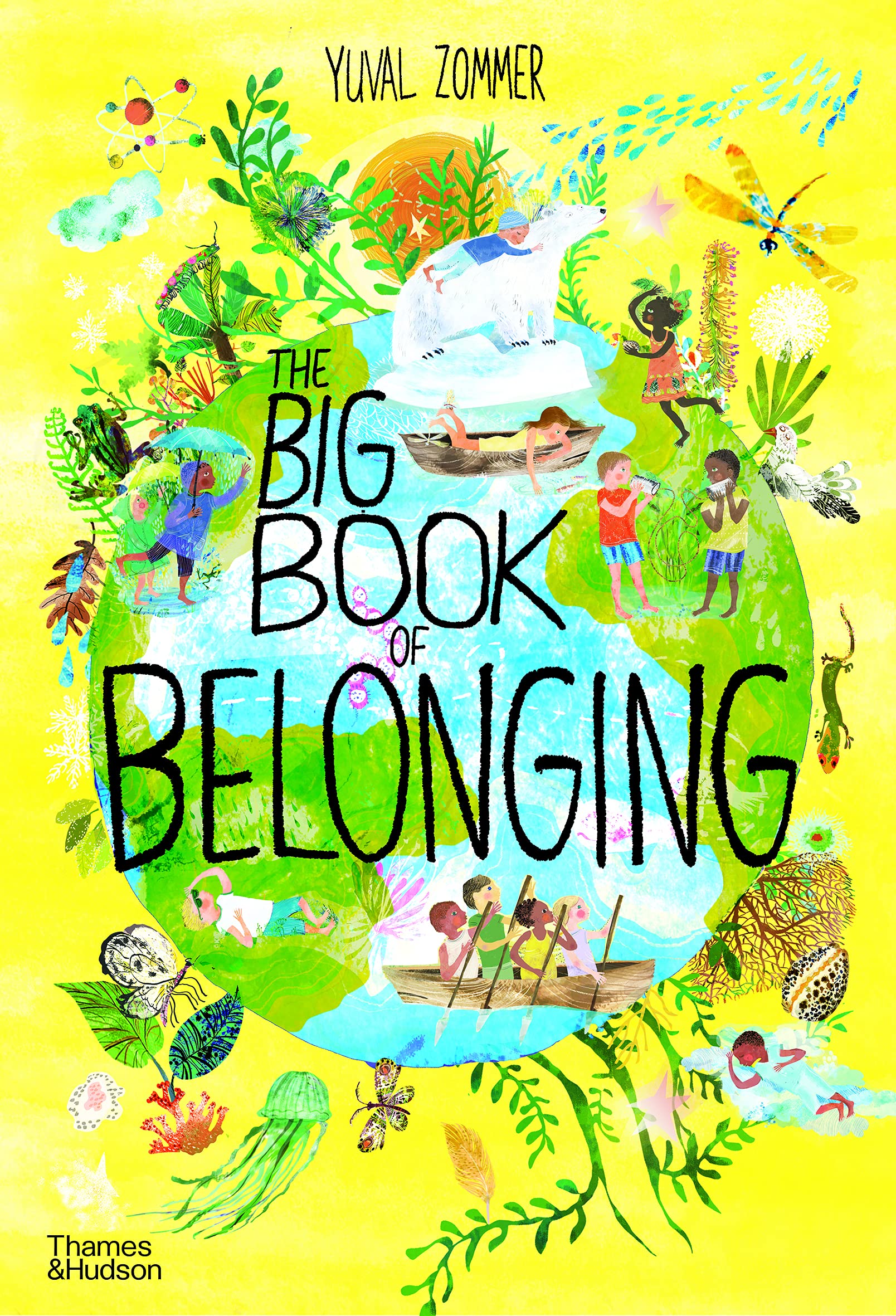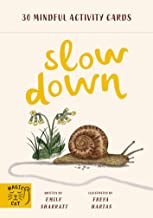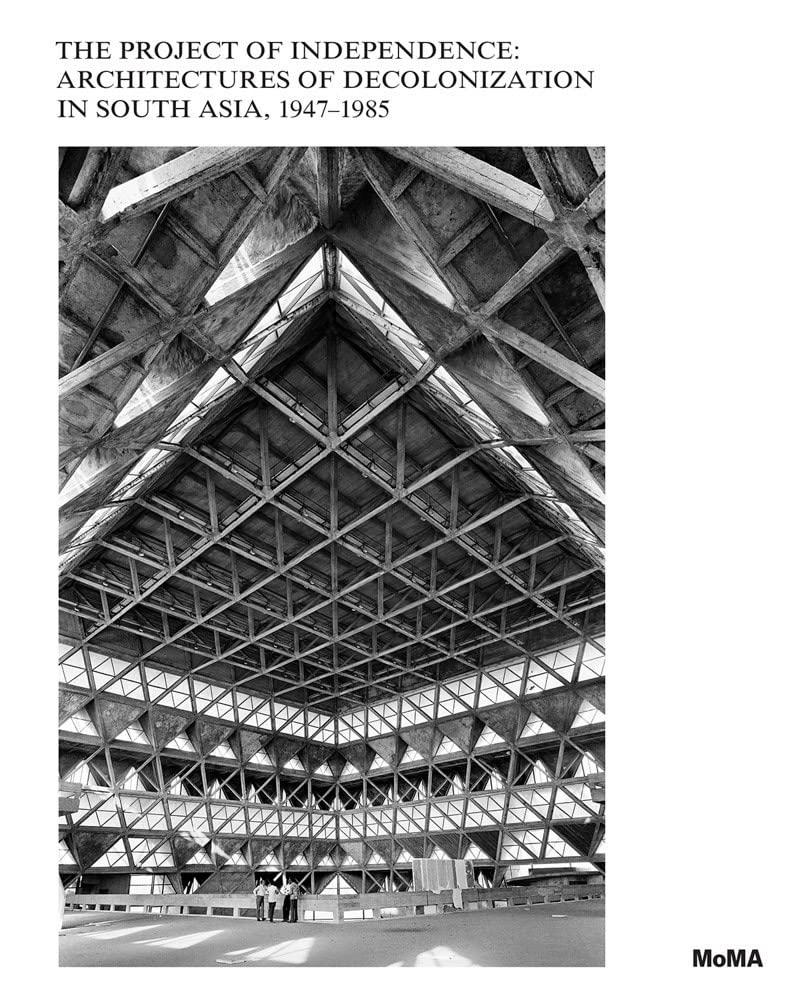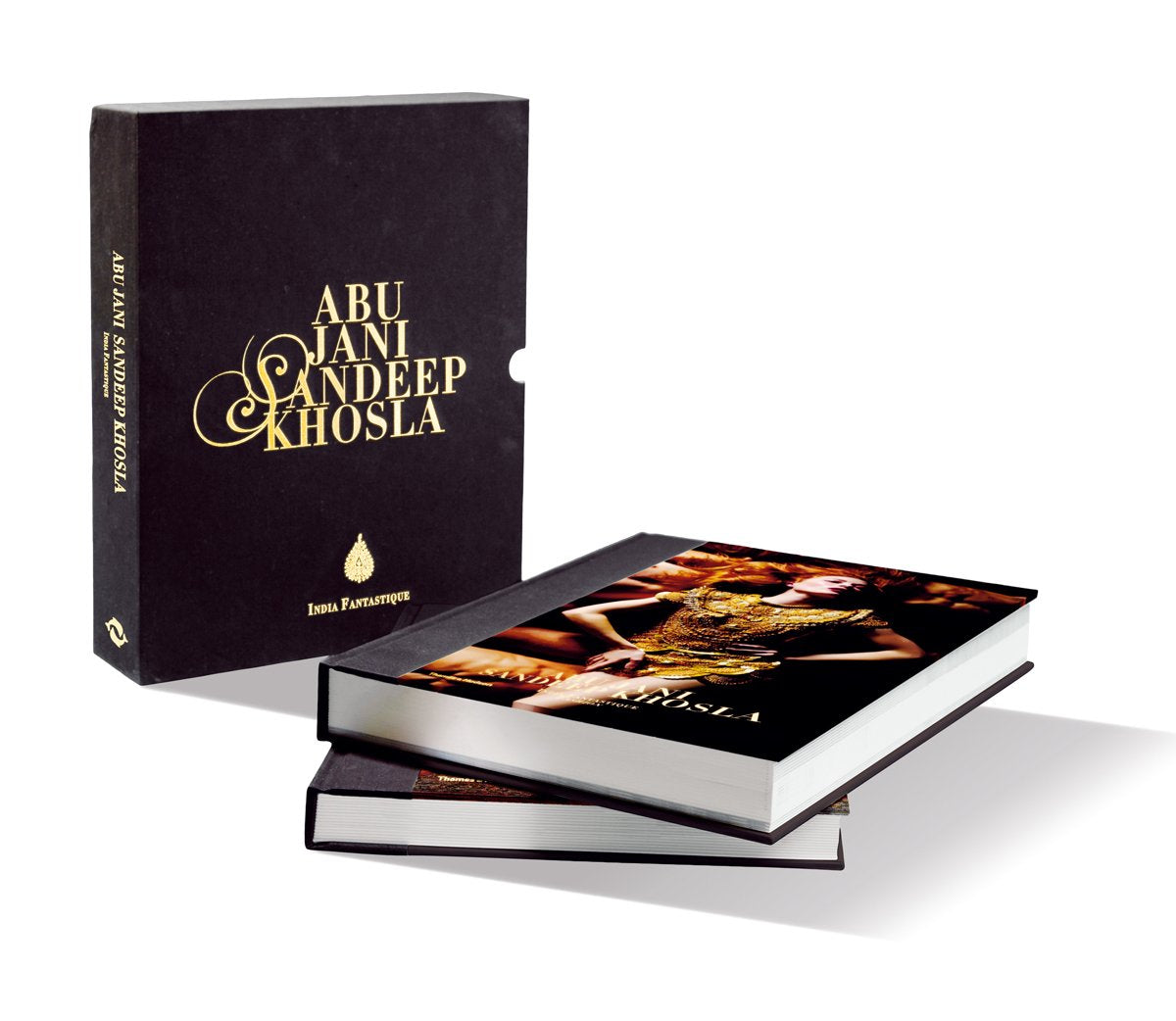Halim Al Karim
Nadine Descendre
The second monograph in the Contemporary Arab Artists series, directed by Brahim Alaoui, previous director of the Museum of the Institute of the Arab World in Paris. Iraqi artist Halim Al-Karim underwent a harrowing experience during the first Gulf War. Opposing Saddam’s regime and its compulsory military service he took to hiding in the desert, living for almost 3 years in a hole in the ground covered by a pile of rocks. He survived only through the assistance of a Bedouin woman who brought him food and water and taught him about gypsy customs and mysticism. Al-Karim has since emigrated to America, however, these events have had a profound effect on his life and form the basis for his art practice. Now he lives and works in Denver, Colorado. Themes of reconciliation are central to Al-Karim’s work, both emotionally and in relation to Sufi tradition, where faith is inwardly focused and strives for unity between consciousness and God. Contradictions and juxtapositions occur within his photos, but rather than creating tension, they have harmonious effect. Al-Karim's approach to image-making is as an outward projection of his innerconsciousness and a visual manifestation of spiritual awakening and serenity. His evasive dream-like images evoke a range of instinctual emotive responses, the ability of true perception existing as a preternatural power within each of us, which can be understood and harnessed through the pursuit of metaphysical enlightenment.





